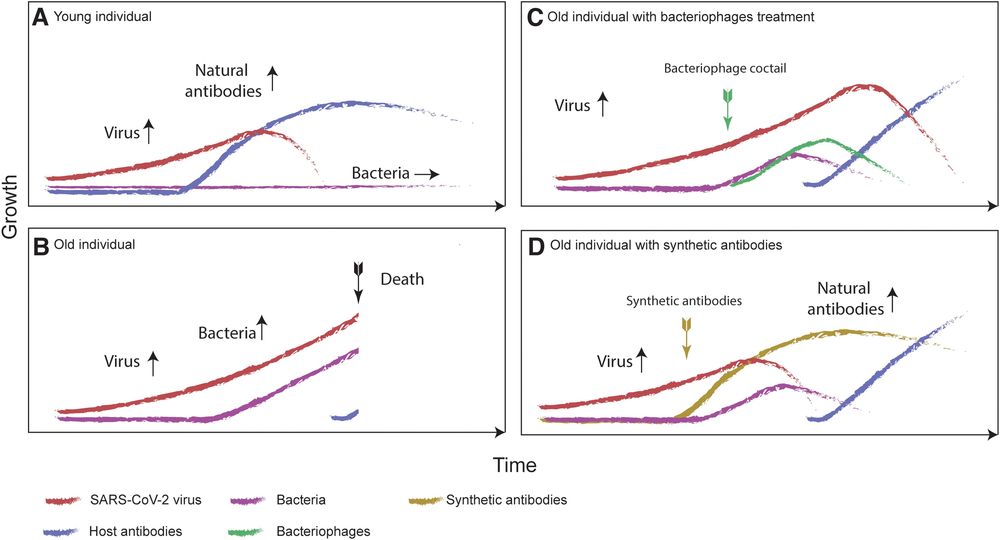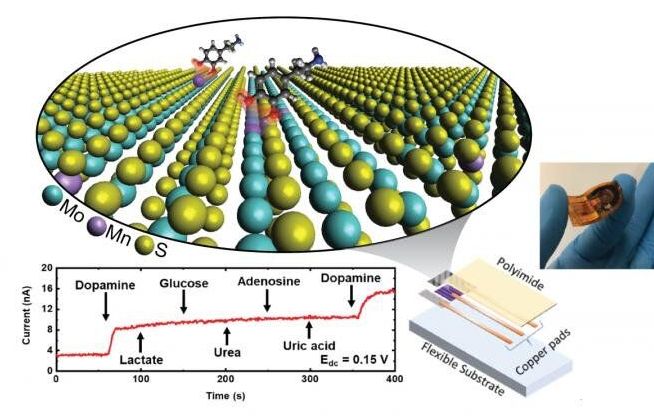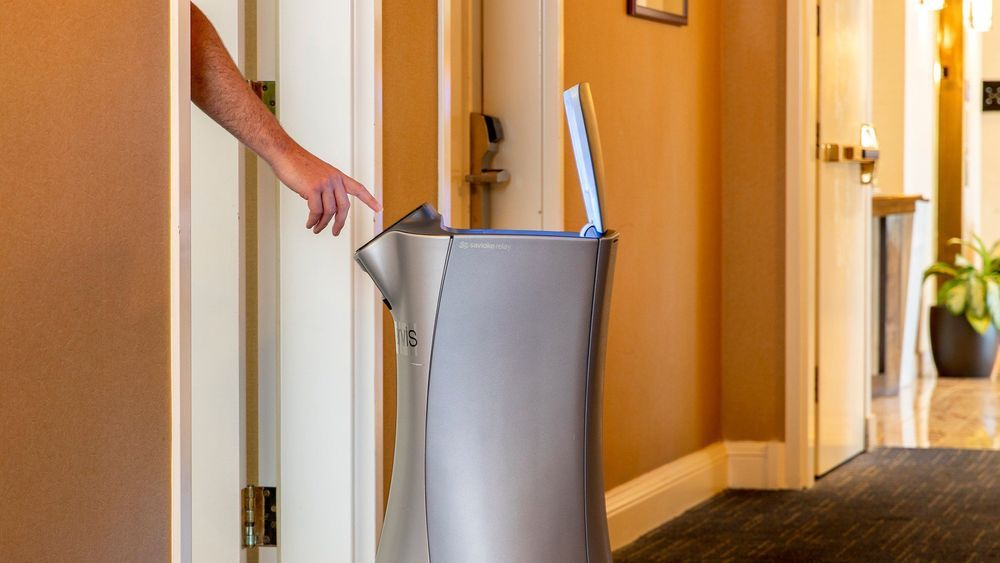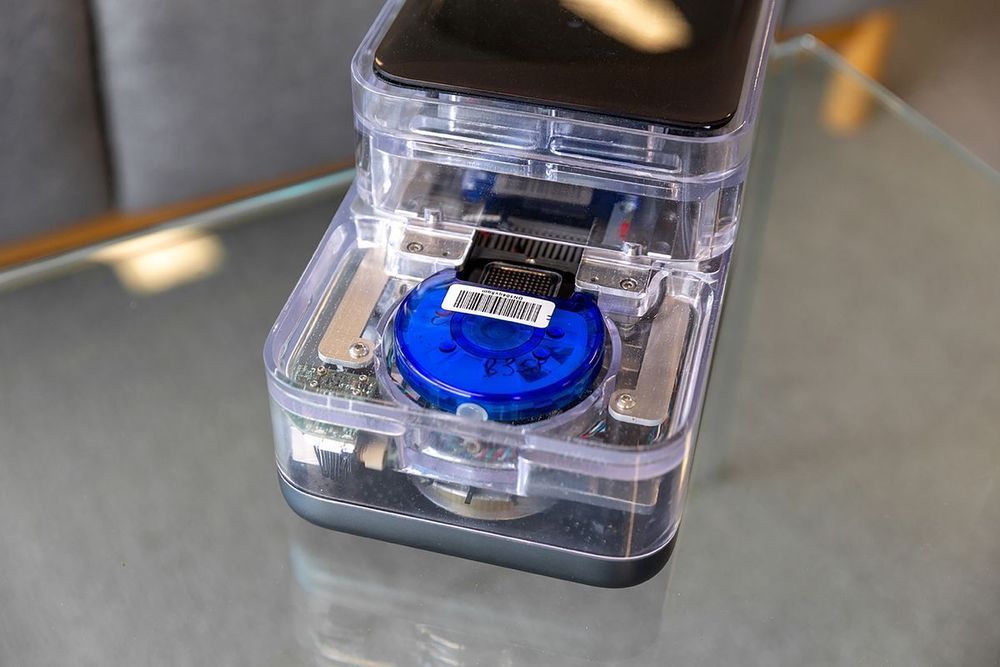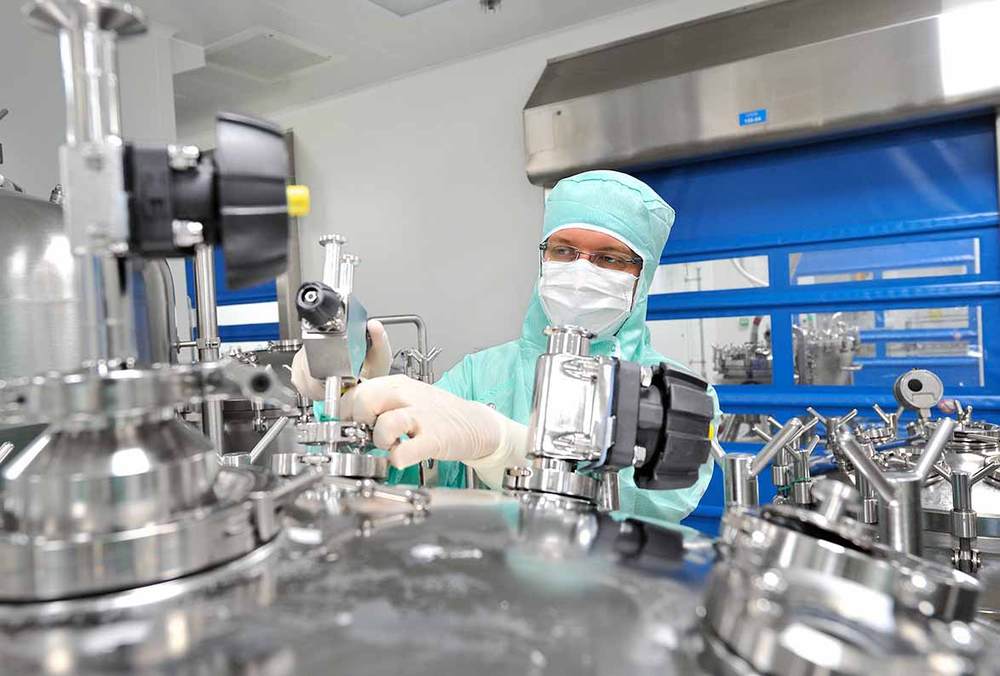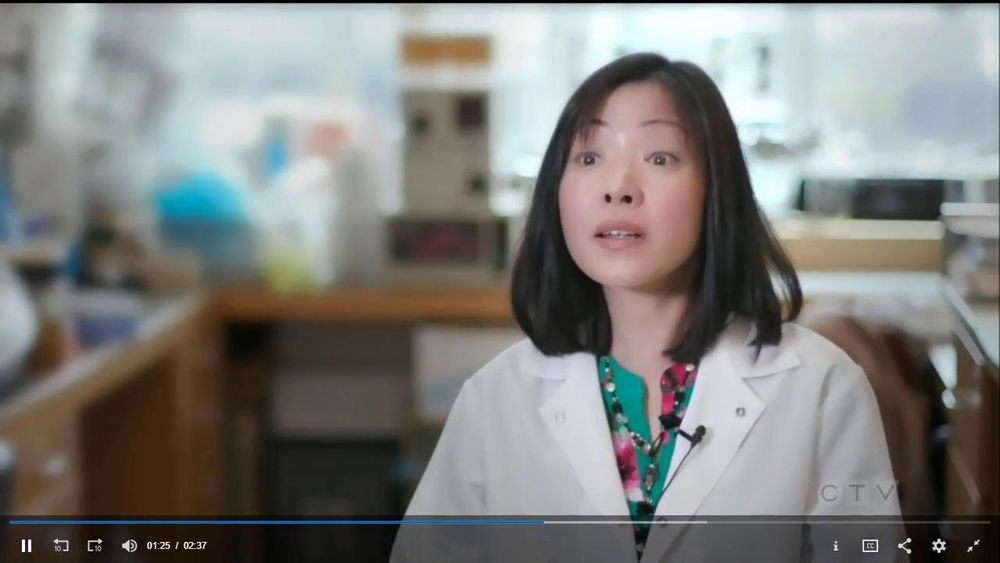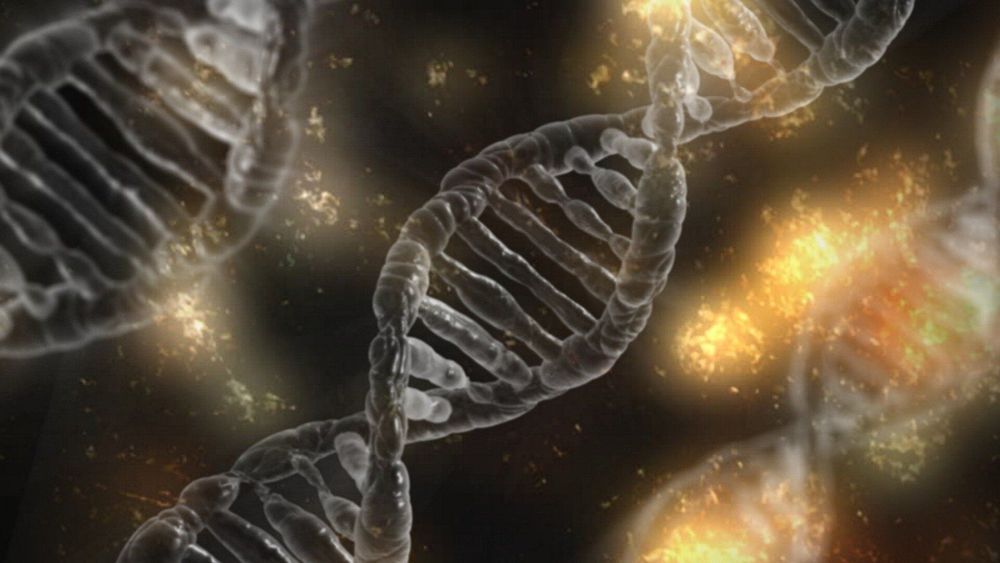Aug 9, 2020
Bacteriophages Could Be a Potential Game Changer in the Trajectory of Coronavirus Disease (COVID-19)
Posted by Omuterema Akhahenda in categories: biotech/medical, economics, health
Bacteriophage can reduce bacterial growth in the lungs, limiting fluid build-up. This could decrease the mortality of patients affected by COVID-19, according to the peer-reviewed journal PHAGE: Therapy, Applications, and Research.
“The bacterial growth rate could potentially be reduced by the aerosol application of natural bacteriophages. These prey on the main species of bacteria known to cause respiratory failure,” says Marcin Wojewodzic, PhD, University of Birmingham (U.K.). Decreasing bacterial growth would also give the body more time to produce protective antibodies against the disease-causing coronavirus.
Used correctly, phages have an advantage here of being able to very specifically target the bacteria that cause secondary infections. They would remove the problematic bacterium but leave an otherwise fragile microbiome intact.” Martha Clokie, PhD, Editor-in-Chief of PHAGE and Professor of Microbiology, University of Leicester (U.K.)
